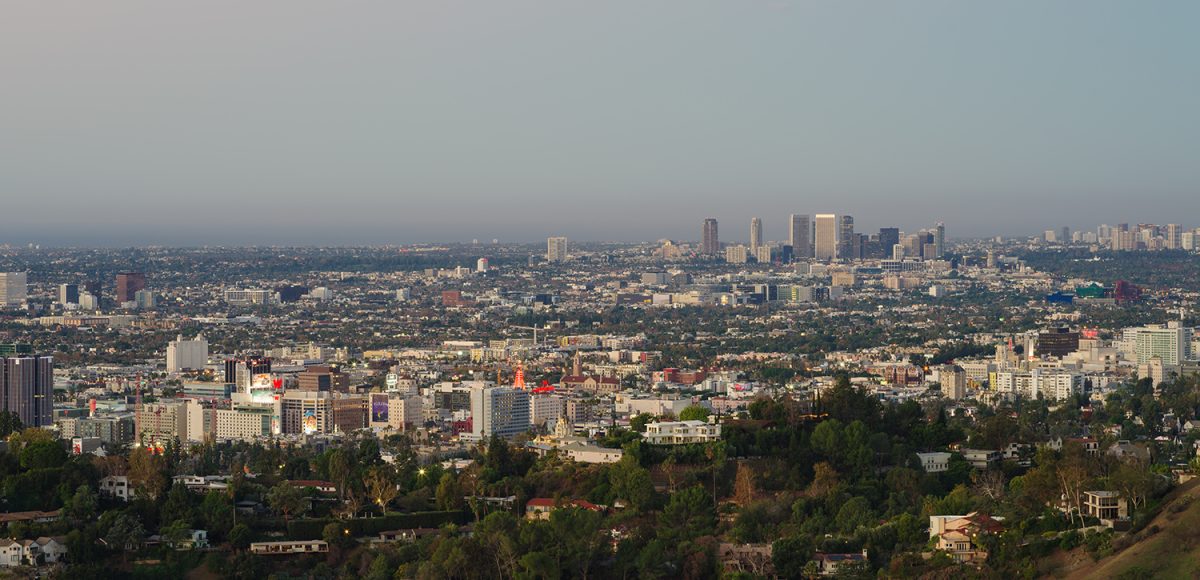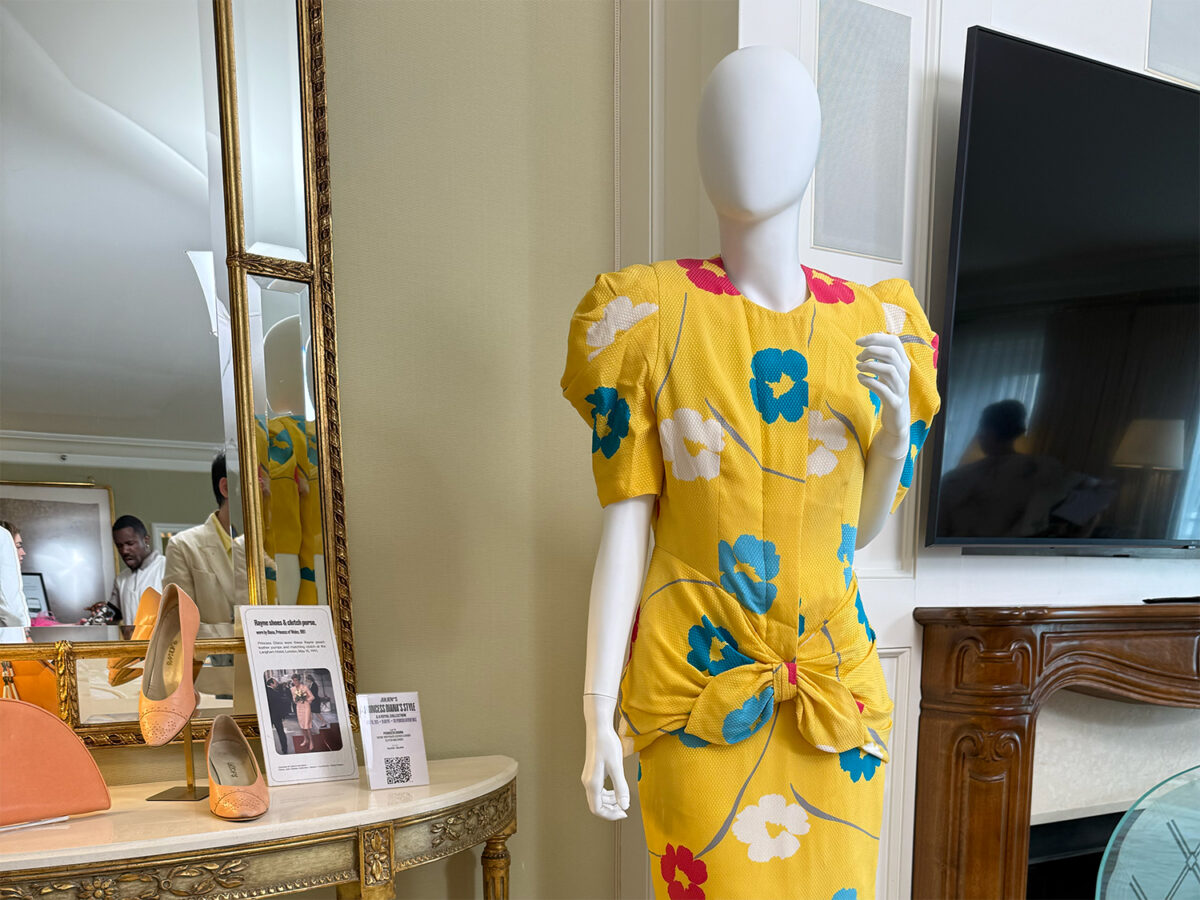The West Hollywood City Council passed an ordinance on Dec. 21 requiring grocery stores to station someone at entrances to enforce public health measures like facial coverings, social distancing, and occupancy limits. This comes as Los Angeles faces an unprecedented wave of COVID-19 infections and hospitalizations, straining the county’s already fatigued healthcare system. Despite this, resistance to county and state restrictions has led to confrontations in essential businesses that remain open during the pandemic, including grocery stores.
“The proposed ordinance is necessary in order to assist in protecting essential workers and customers from the potential risk of exposure to COVID-19,” reads a staff report compiled for the Dec. 21 Regular Meeting. Under the ordinance, the designated person at the entrance could be an employee, security guard or other hired individual trained on the current public health guidelines. “The person would ensure people are entering the store wearing a mask and ensure proper distancing guidelines are followed.”
The assigned employee would also monitor occupancy levels to ensure that the stores remain below the allowed limit, which currently stands at 40 percent capacity in Los Angeles County. Were the employee to encounter noncompliance or other issues, they would “be trained to call the Sheriff’s Department or City Code Compliance Division as appropriate if additional support is needed.”
The Council passed the ordinance as a part of the consent agenda, meaning it did not hear any public comments or discuss the ordinance. But the council discussed the item previously at its Sept. 21 Regular Meeting, where it heard public comment in support of the measure.
Rachel Torres, Deputy Political and Civil Rights Director for the United Food and Commercial Workers (UFCW) Local 770, called in to describe the situation facing many grocery store employees. “As you might have seen and read in the newspaper [and] on the news, unfortunately, grocery stores have become a place of struggle, both to protect vulnerable essential workers who provide the food that we need to sustain ourselves during the pandemic, but also a place, unfortunately, in which politics has pushed the envelope,” said Torres. United Food and Commercial Workers Local 770 represents grocery store workers in West Hollywood and the Greater Los Angeles region.
She continued: “The Los Angeles County Public Health order requires that everyone wear a mask, that the occupancy rate at stores is less to help in social distancing and lowering in crowds, but unfortunately some customers…have insisted that they do not want to do that, that they will not wear a mask, that they will not wait in line. This has created an impossible situation for grocery workers who really do want to serve the public, who want to maintain health and safety both for themselves, their colleagues and the customers. And so, when they have politely asked for folks to follow these guidelines, they have received pushback, sometimes even [with violence].”
Viral videos have circulated across the internet of would-be patrons refusing to follow public health orders. On Dec. 21, just as the Council was meeting, a woman filmed herself in the Beverly Center Target declining to wear a mask and shouting at store employees and patrons. In the video, which received over 2,000 views in a day, the woman accuses workers of acting “like the Gestapo.”
“We’re living in Nazi Germany,” the woman says as employees repeatedly ask her to leave. “You’re submitting to communism.”
The ordinance faced some opposition in the Sept. 21 meeting by Councilmember John D’Amico, who worried that the move would strain the resources of stores. “It just feels like we’re asking them to take an employee who could be helping people get out of the grocery store faster,” he said. “I just get nervous when you’re assigning public health jobs to grocery store workers…we have code compliance for that.”
But D’Amico was later reassured that the ordinance would grant flexibility to stores and indicated his support.
The City conducted outreach to the 10 local, stand-alone grocers for their input. Seven of the ten stores “already designated a person at the entrance to enforce public health requirements,” it found.
Following the ordinance’s passage, according to the staff report, “City staff will immediately perform outreach to the ten local stand-alone grocery stores…to ensure compliance is being followed in a timely manner.”







